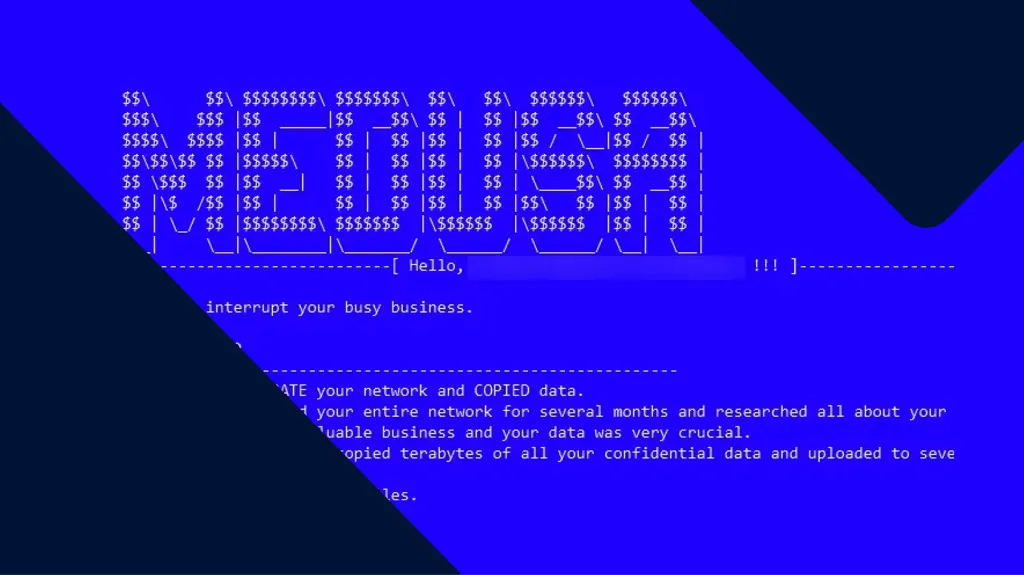
The FBI and CISA have issued a warning to Gmail and Outlook users about the Medusa ransomware, which employs phishing tactics to steal credentials and threatens to release encrypted data if ransoms are unpaid
Overview of the Medusa Ransomware Threat
The Federal Bureau of Investigation (FBI) and the Cybersecurity and Infrastructure Security Agency (CISA) have jointly issued a warning to users of Gmail and Microsoft Outlook regarding the Medusa ransomware. Active since 2021, Medusa has compromised over 300 victims across various critical infrastructure sectors, including medical, education, legal, insurance, technology, and manufacturing.
Modus Operandi of Medusa
Medusa operates on a ransomware-as-a-service model, utilizing phishing campaigns to steal user credentials. Once access is gained, the ransomware employs a double extortion strategy: encrypting the victim's data and threatening to publicly release it if the ransom is not paid. The group maintains a data-leak site listing victims with countdowns to potential data exposure, offering the option to delay the timer for a $10,000 cryptocurrency payment.
Recommendations for Users
To mitigate the risks posed by Medusa, the FBI and CISA recommend the following measures:
- Keep Systems Updated: Regularly update operating systems, software, and firmware to address known vulnerabilities.
- Enable Multifactor Authentication (MFA): Implement MFA for all services, including email and Virtual Private Networks (VPNs), to add an extra layer of security.
- Use Strong Passwords: Employ long, complex passwords and avoid frequent changes, as this can weaken security.
- Be Vigilant with Emails: Exercise caution with unsolicited emails, especially those containing links or attachments, to avoid phishing attempts.
- Secure Data Storage: Store critical information on separate, secure devices and segment networks to limit the spread of potential infections.
These precautions are essential in safeguarding personal and organizational data against ransomware attacks.
Implications of Paying Ransoms
Authorities strongly advise against paying ransoms, as it does not guarantee file recovery and may encourage further criminal activity. Additionally, paying ransoms can inadvertently fund future attacks, perpetuating the cycle of cybercrime.
Reporting Incidents
Victims of ransomware incidents are urged to report the attacks to the FBI or CISA. Timely reporting can assist in tracking ransomware variants, identifying threat actors, and preventing future attacks.
Conclusion
The Medusa ransomware poses a significant threat to users of Gmail and Microsoft Outlook, employing sophisticated tactics to extort victims. By adhering to recommended security measures, individuals and organizations can bolster their defenses against such cyber threats. Staying informed and vigilant is crucial in the ever-evolving landscape of cybersecurity.